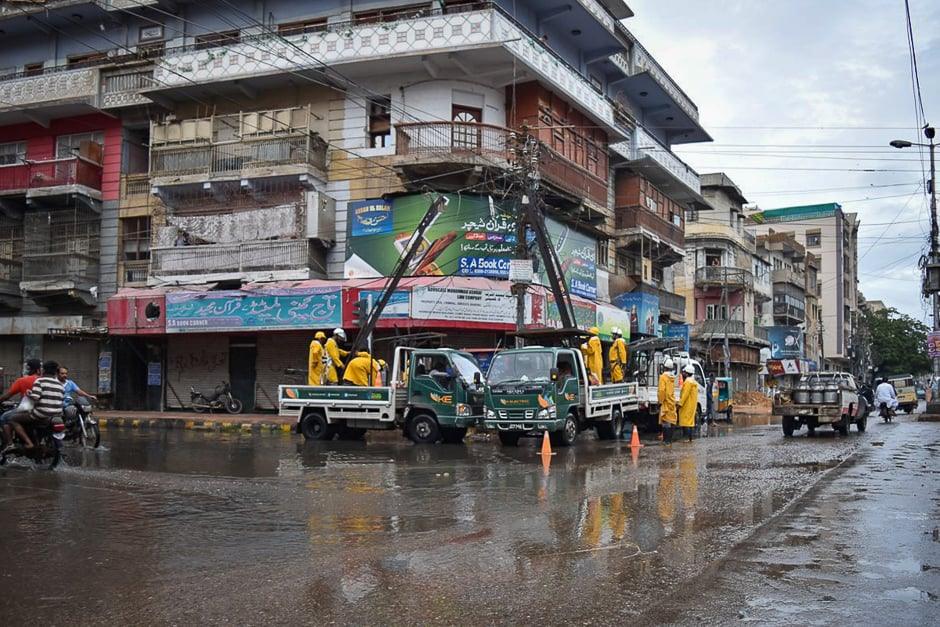Karachi:
K-Electric has proposed a formula to eliminate the detachment of the electricity burden in the metropolitan city. Three hundred of 2,129 feeders in the metropolis represent 87% of energy losses, which is the main reason for the blackouts, said the CEO of Ke Moonis Alvi while talking with a delegation of the Council of Economic and Energy Journalists (CEJ) on Saturday.
“If the government takes over these 300 feeders and manages the internal distribution of electricity in these areas, K-Electric will be much closer to making Karachi free of charge,” said Alvi, and added that KE is ready to supply electricity to these 300 feeders, but the responsibility for the recovery of invoices of these areas would rest with the government.
CEO Alvi said that 70% of Karachi is already exempt from loading. K-Electric is working on the introduction of new technologies to prevent feeding feeders. He warned that any PMT manipulation (transformers mounted on posts) could lead to technical failures that can take up to three days to be fixed. He reiterated the offer to the government to help administer the internal electricity system in these areas.
The CEO of Ke also declared that the Tariff of several years of K-Electric (MYT) will not negatively affect common consumers. Rather, it will encourage foreign investment in the city’s energy supply system. “The National Electric Power Regulatory Authority will review the MYT every year based on the investment level,” he added.
Alvi said that the implementation of the MYT could make Karachi up to 90% load elimination by 2030. By then, the number of energy consumers in the metropolis is expected to reach five million, and the energy transmission will increase to 5,000MW.
In response to a question, Alvi said that KE is ready to supply electricity to the captive energy industries by connecting them to the network. “We are prepared to follow the timeline agreed with the government and interested parties for this transition.” The industrial activity in Karachi has increased in recent months, which leads to an increase in the demand for electricity, he added.




